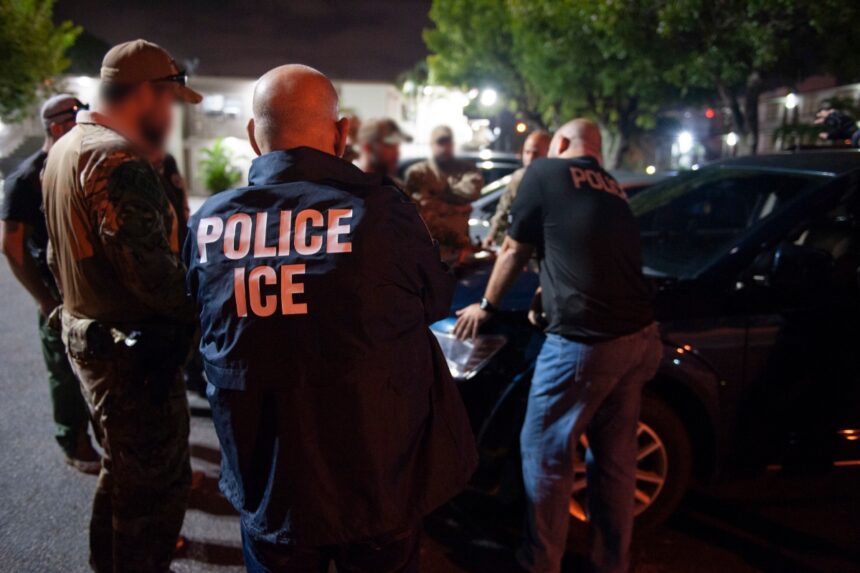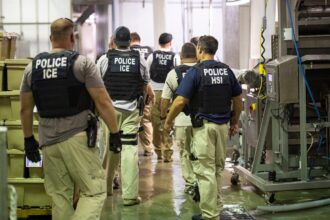With the arrival of President Donald Trump’s new administration in 2025, Latino communities in the United States face a political landscape that could significantly impact their lives.
Policies in areas such as immigration, justice and labor rights are undergoing changes that vary by state, generating concern and the need to adapt to new realities. While some states have adopted inclusive measures, others have implemented more restrictive laws that generate concern in Hispanic communities. Here’s a look at where Hispanics may be safer.
More inclusive and safe states
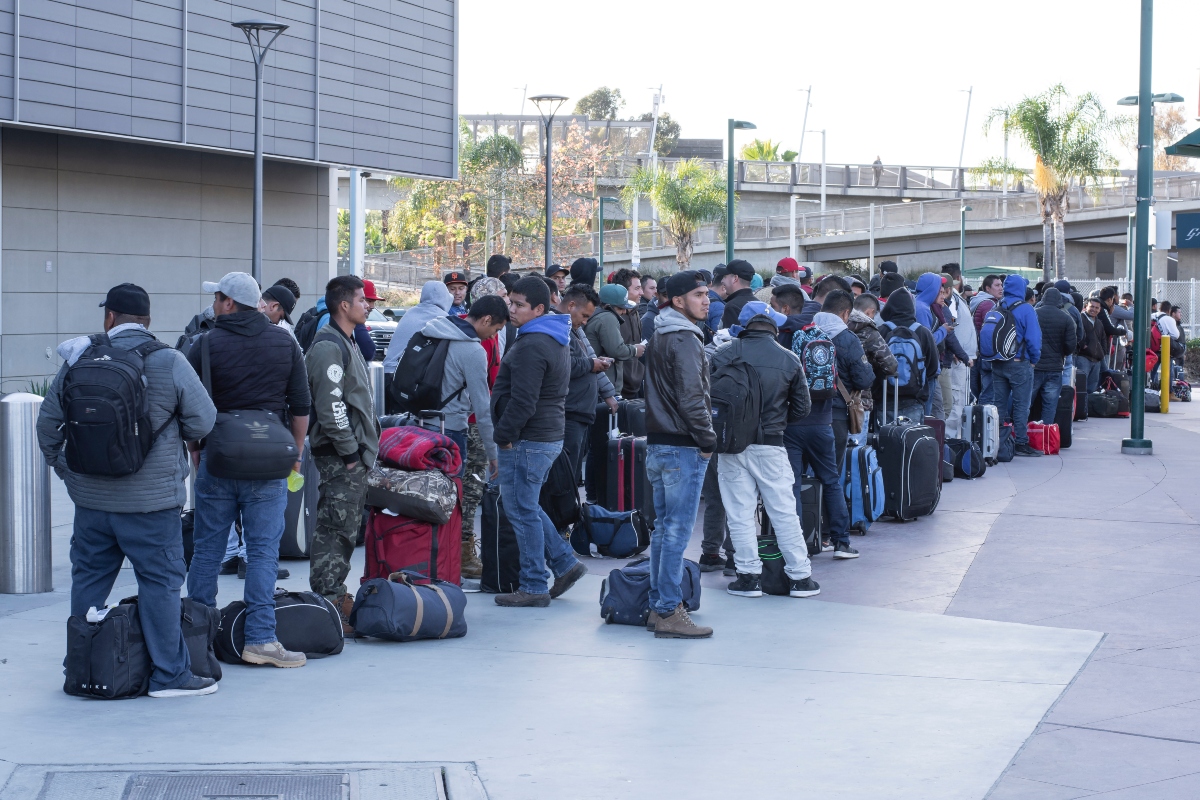
Despite more restrictive federal measures, some states maintain policies that seek to protect and support Latino communities, these are.
California: Historically known for its progressive policies, California continues to offer protections to immigrants. Despite new federal guidelines, the state maintains laws that prohibit local law enforcement collaboration with federal immigration agencies in most cases. In addition, essential services and legal support continue to be provided to immigrant communities.
Illinois: This state has implemented laws that protect immigrant workers and ensure that Latino communities have access to educational and legal resources. Sanctuary cities in Illinois are strongly supported, providing a safer environment for immigrants.
New York: Despite stricter federal policies, New York continues to support the social and economic integration of immigrants. The state offers access to free legal aid and has implemented laws against employment discrimination based on immigration status.
States with greater uncertainty
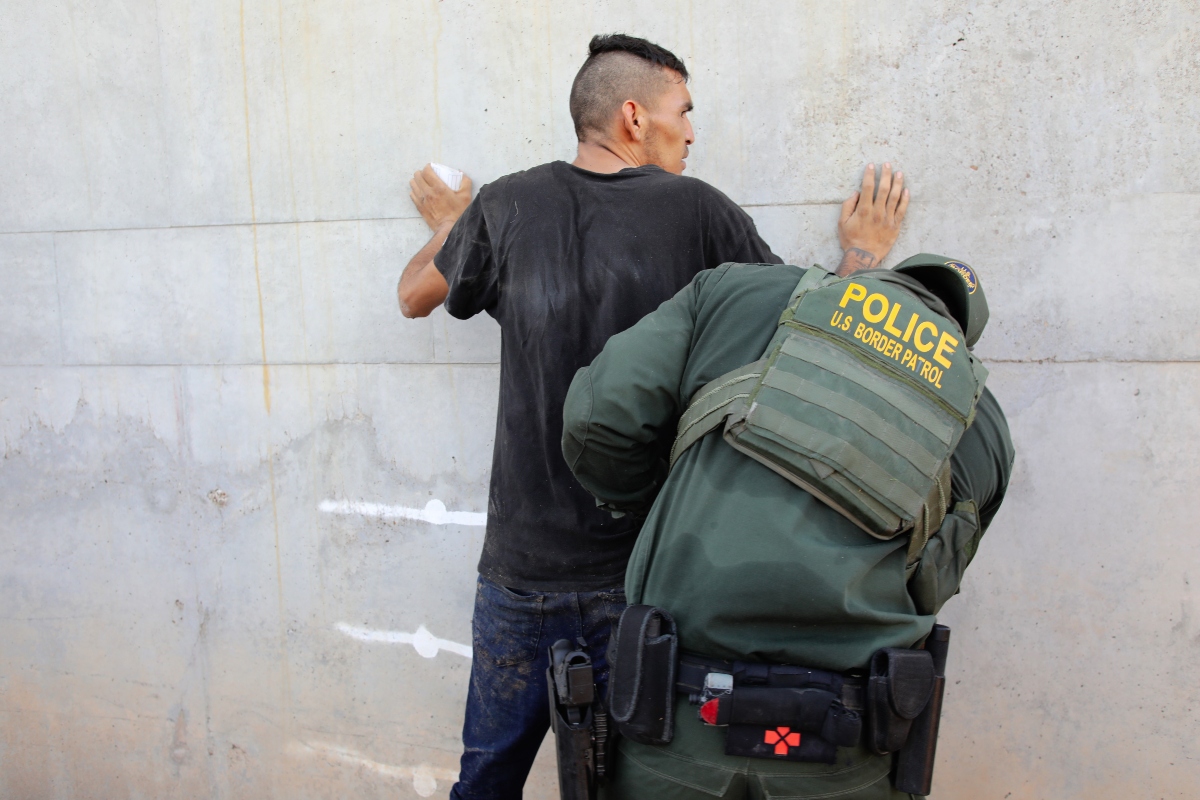
In contrast, some states have adopted measures that generate concern among Latino communities, among these are.
Texas: Although it has a significant Latino population, Texas has implemented stricter policies, such as SB4, which allows law enforcement to inquire about the immigration status of persons detained. These measures have generated a climate of insecurity among immigrants.
Florida: Recent policies in Florida have increased collaboration between local and federal agencies for the deportation of immigrants, which worries many Latino families.
Arizona: This state has tightened its focus on border security and state laws related to immigration. Although the rhetoric has toned down in intensity since the days of SB1070, tensions are still palpable.
Impact on Latino communities

The Trump administration has introduced several policies that directly affect Latino communities.
Elimination of birthright citizenship: President Trump has signed an executive order that seeks to eliminate birthright citizenship for children of foreigners, affecting thousands of children in states such as Texas, as reported by El País. This measure has been temporarily blocked by a federal judge, but has generated uncertainty and fear in immigrant communities.
Declaration of English as the official language: The administration has declared English as the official language of the United States, which could make it more difficult for millions of foreigners to access essential services such as health, education and justice, as it will not be mandatory to provide forms and assistance in other languages.
elpais.com
CBP Home app: A “self-deportation” feature has been introduced in the new CBP Home app, which allows undocumented immigrants to voluntarily deport themselves. However, experts recommend seeking legal advice before using this feature to avoid potential legal pitfalls.
How to prepare and protect the community
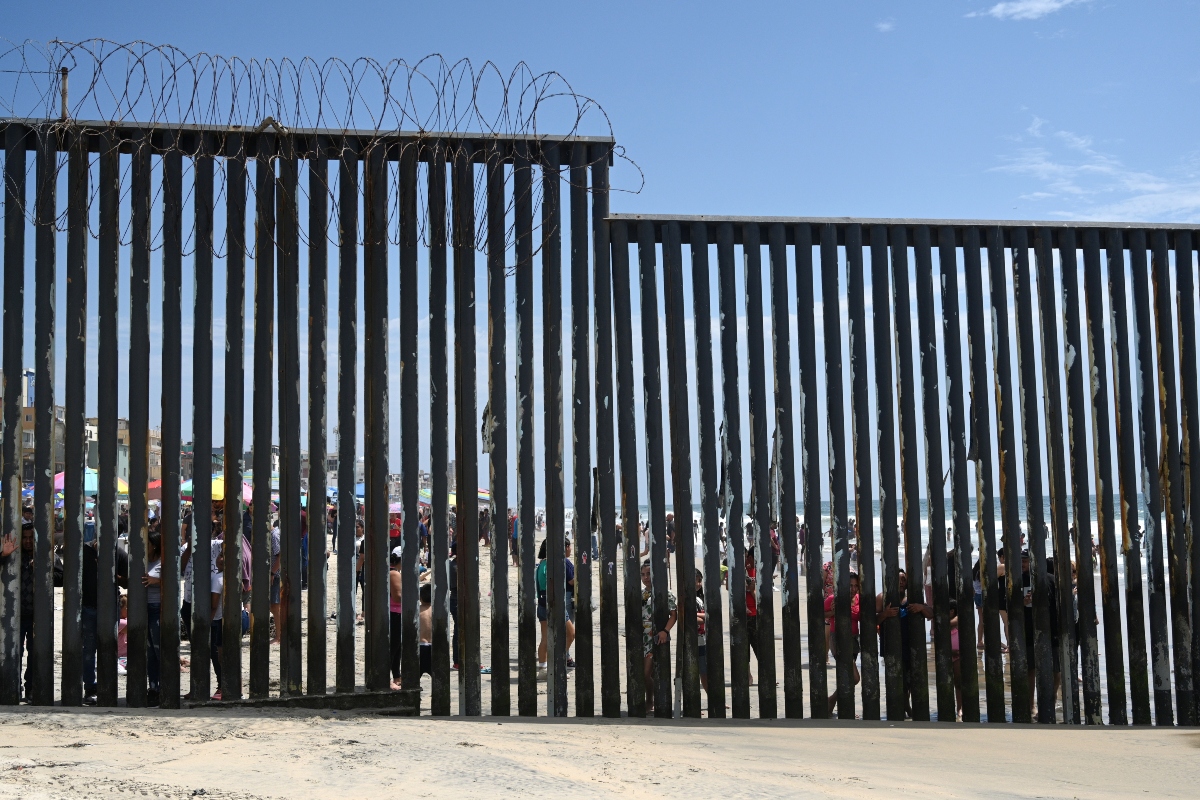
Against this backdrop, it is crucial that Latino communities take proactive measures.
Be informed: Knowing the laws and policies in place in your state and at the federal level is critical to understanding how they may affect you.
Seek support: Contacting local organizations that offer legal and social resources can be helpful. Organizations like UnidosUS work to educate and support Latinos about their rights and how to protect themselves in hostile environments.
Get involved: Getting involved in campaigns that promote rights and protections for Latinos is essential to creating positive change in the community.
Through information, community support and active participation, it is possible to navigate this environment and work towards a safer and more equitable future.
The current situation presents significant challenges for Latino communities in the United States
QuéOnnda.com
Find out more at QuéOnnda.com.



